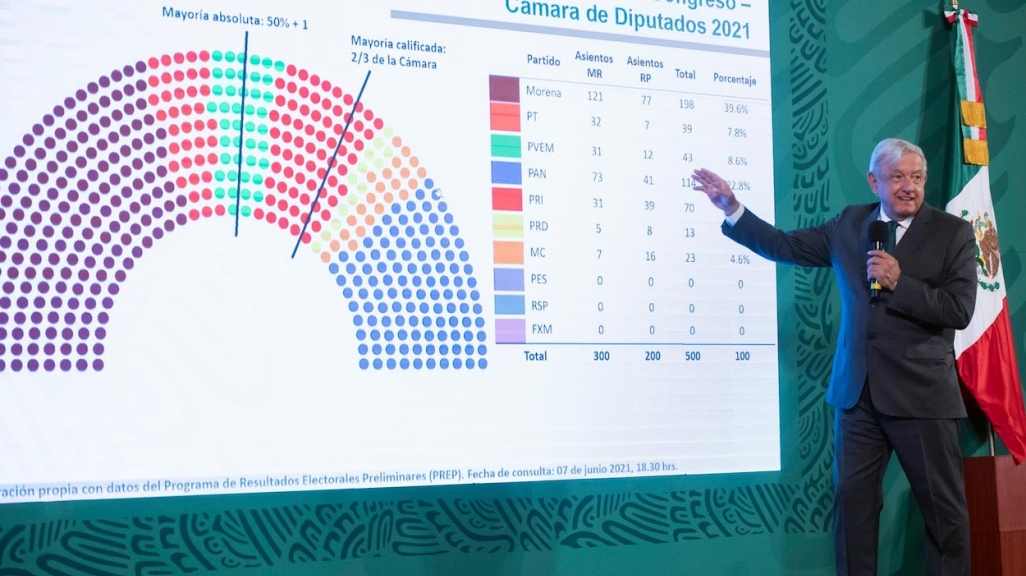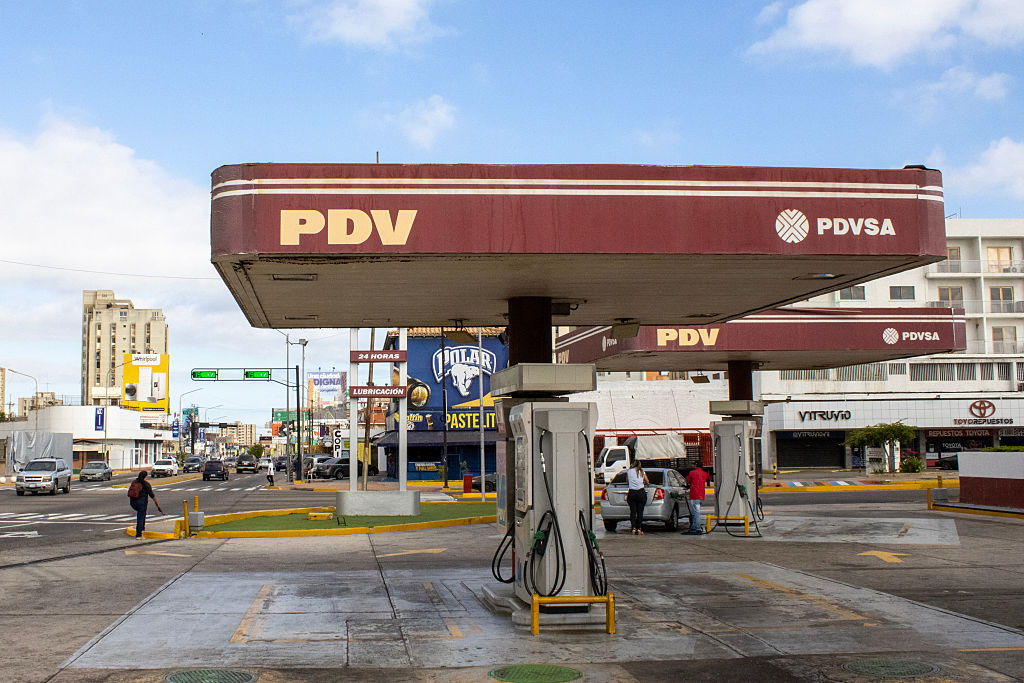AS/COA Insider: Carin Zissis on Mexico's Midterm Results
AS/COA Insider: Carin Zissis on Mexico's Midterm Results
The AS/COA Online editor-in-chief shares insights on the surprising outcomes of the largest elections in the country's history.
After the June 6 midterm elections in Mexico, which were the largest in the history of the country, AS/COA Online Editor-in-Chief Carin Zissis explains why the results are seen as a referendum on President Andrés Manuel López Obrador’s first three years in power and what that means as eyes turn to the 2024 presidential elections. Preliminary results show his coalition losing a supermajority in the lower house of Congress, thereby limiting its ability to make deep structural changes. “While Morena will still be the party that holds the largest number of seats, it’s going to have to negotiate with the opposition in order to get what it wants,” says Zissis.
She also notes that there were positive developments in the midterms, despite a violent campaign season, with high turnout and close to 100 percent of voting booths in operation. “There’s something to be said for the fact that the electoral processes went relatively smoothly on election day,” Zissis says.
- Learn more: A Guide to 2021 Latin American Elections
- To speak with an expert on this topic, please contact mediarelations@as-coa.org.
AS/COA Online: Were there any surprises in yesterday's elections?
Carin Zissis: Morena’s coalition lost seats in the lower house of Congress, where all 500 seats were up for grabs. What's important about that is the coalition is going to lose its two-thirds majority that allows it to make constitutional changes. To some degree, it’s not such a great surprise. Every ruling party going back more than 20 years has lost seats in midterms and polls were indicating that it was likely that the Morena coalition of President Andrés Manuel López Obrador, or AMLO, would lose seats. However, they lost more than expected and what’s also surprising is that one of Morena’s allies, the Green Party, earned more seats than predicted. That gives the Green Party a lot of power because if it decides to leave the Morena coalition, it could be wooed by the opposition and give it greater control of the lower house. Still, Morena will remain the party with the largest number of seats in Congress.
I would say that the biggest surprise is the results in Mexico City. The capital has been considered a stronghold for Morena, the party of AMLO, who was, of course, mayor of Mexico City. But his party lost at least nine of the 16 districts in the city, so that is seen as the part of the country where, probably more than anywhere else, his party was punished. It's also important because the current mayor of Mexico City, Claudia Sheinbaum, was considered a strong presidential contender for the 2024 election. This could weaken her prospects. The city is divided down the middle now with the east mostly supporting Morena and the west clearly punishing Morena.
Why did Morena take a hit in the capital? There are several reasons, but one would be the handling of the pandemic and another would be the May Metro collapse, viewed as the result of government neglect, in which dozens of people died and were injured.
President Andrés Manuel López Obrador’s political party is vying to cement its legacy on June 6. AS/COA Online explore coalitions and voter concerns.











